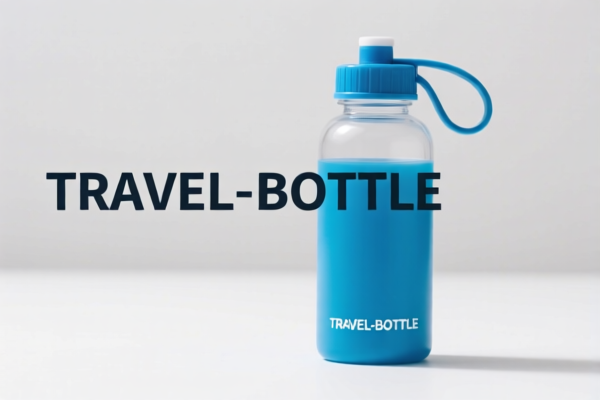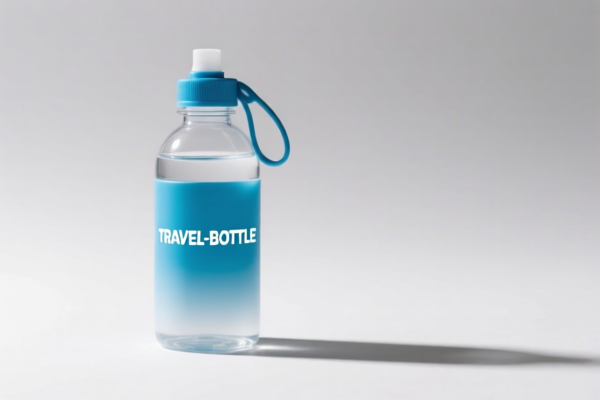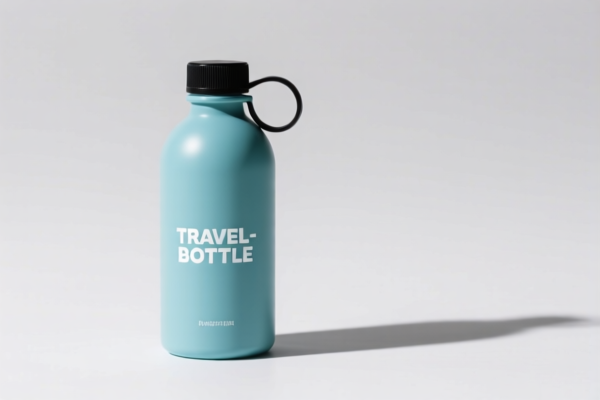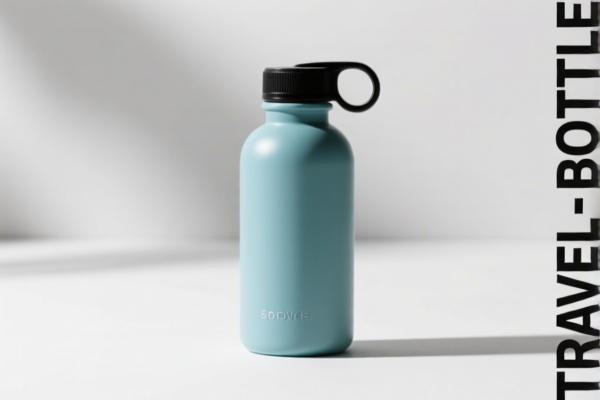| HS Code | Official Doc | Tariff Rate | Origin | Destination | Effective Date |
|---|---|---|---|---|---|
| 7010905005 | Doc | 55.0% | CN | US | 2025-05-12 |
| 3923300090 | Doc | 58.0% | CN | US | 2025-05-12 |
| 7310290055 | Doc | 80.0% | CN | US | 2025-05-12 |
| 7612905000 | Doc | 55.0% | CN | US | 2025-05-12 |




Okay, let's break down the HS codes and tax implications for your "OIL BOTTLE" declaration. Here's a structured analysis to help you understand the classification and potential costs.
Understanding HS Codes: A Quick Primer
HS codes (Harmonized System codes) are internationally standardized codes used to classify traded products. The first 6 digits are generally the same worldwide, while additional digits are used for more specific classifications by individual countries. Here's how to read them:
- Chapter (First 2 digits): Broad category of the product.
- Heading (Next 2 digits): More specific grouping within the chapter.
- Subheading (Next 2 digits): Even more detailed classification.
- Further subdivisions: Country-specific details.
Analysis of Your HS Codes
Here's a breakdown of each code you provided, along with potential implications:
1. 7010.90.50.05 – Glass Containers (Capacity > 1 Liter, Mouth Diameter < 38mm)
- Chapter 70: Glass and glassware.
- Heading 7010: Containers for conveyance or packing of goods, preserving jars of glass.
- Subheading 7010.90: Other glass containers.
- Further Subdivision 7010.90.50.05: Specifically for containers > 1L with a mouth diameter < 38mm.
- Tax:
- Basic Duty: 0.0%
- Additional Tariff: 25.0% (Increases to 30% after April 2, 2025)
- Total Tax: 55.0%
- Notes: This code is suitable for glass oil bottles meeting the specified capacity and diameter criteria.
2. 3923.30.00.90 – Plastic Containers
- Chapter 39: Plastics and articles thereof.
- Heading 3923: Articles for the conveyance or packing of goods, of plastics.
- Subheading 3923.30: Carboys, bottles, flasks and similar articles.
- Further Subdivision 3923.30.00.90: Other plastic containers.
- Tax:
- Basic Duty: 3.0%
- Additional Tariff: 25.0% (Increases to 30% after April 2, 2025)
- Total Tax: 58.0%
- Notes: This code is for oil bottles made of plastic.
3. 7310.29.00.55 – Stainless Steel Kegs (Capacity < 50L)
- Chapter 73: Iron or steel articles.
- Heading 7310: Tanks, casks, drums, cans, boxes and similar containers.
- Subheading 7310.29: Of a capacity not exceeding 300 liters.
- Further Subdivision 7310.29.00.55: Specifically for stainless steel kegs < 50L.
- Tax:
- Basic Duty: 0.0%
- Additional Tariff: 25.0% (Increases to 30% after April 2, 2025)
- Total Tax: 80.0% (Note the higher total tax – this may be due to specific statistical notes related to stainless steel kegs.)
- Notes: This code is specifically for refillable stainless steel kegs used for oil, and the higher tax rate may be due to the material and specific use.
4. 7612.90.50.00 – Aluminum Containers
- Chapter 76: Aluminum and articles thereof.
- Heading 7612: Aluminum casks, drums, cans, boxes and similar containers.
- Subheading 7612.90: Other aluminum containers.
- Further Subdivision 7612.90.50.00: Other aluminum containers.
- Tax:
- Basic Duty: 0.0%
- Additional Tariff: 25.0% (Increases to 30% after April 2, 2025)
- Total Tax: 55.0%
- Notes: This code is for oil bottles made of aluminum.
Important Considerations & Recommendations:
- Material is Key: The material of your oil bottles (glass, plastic, stainless steel, aluminum) is the primary factor in determining the correct HS code.
- Capacity & Dimensions: Pay close attention to the capacity and dimensions (mouth diameter) as these can affect the classification.
- End Use: While you've declared "OIL BOTTLE," confirm if the bottles have a specific industrial use that might affect the code.
- 2025 Tariff Changes: Be aware of the additional tariff increases scheduled for April 2, 2025.
- Certifications: Depending on the type of oil the bottles will contain, you may need specific certifications (e.g., food-grade certifications, safety standards).
- Invoice Details: Ensure your commercial invoice clearly states the material, capacity, dimensions, and intended use of the bottles.
- Consult with a Customs Broker: For complex cases or if you are unsure about the correct classification, it's always best to consult with a licensed customs broker in your importing country. They can provide expert guidance and help you avoid potential delays or penalties.
Disclaimer: I am an AI assistant and cannot provide definitive customs classification advice. This information is for general guidance only. Always verify the correct HS code with the relevant customs authorities or a qualified customs broker.
Customer Reviews
Great job explaining the 7612905000 HS code for aluminum oil bottles. The additional notes on tariffs and material specifics were very helpful for my export planning.
The page was informative, but I found the tax details a bit confusing. It would be helpful to have a comparison of all the HS codes and their rates in one table.
Useful info on the 58% tariff for plastic oil bottles. The material-specific classification helped me choose the right HS code for my product.
The breakdown of HS Code 7010905005 was really clear. I now understand the tax implications for glass oil bottles heading to the US.